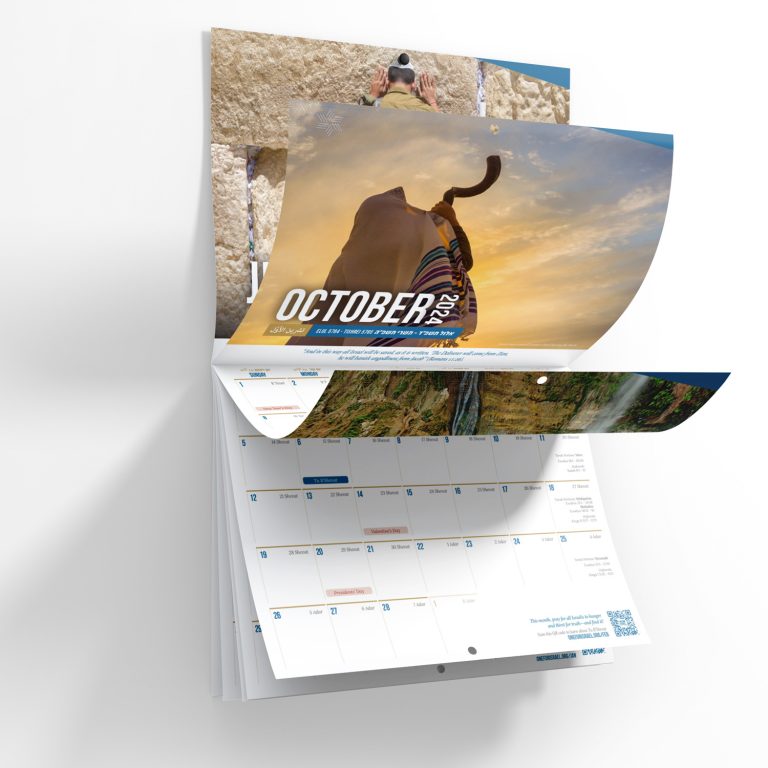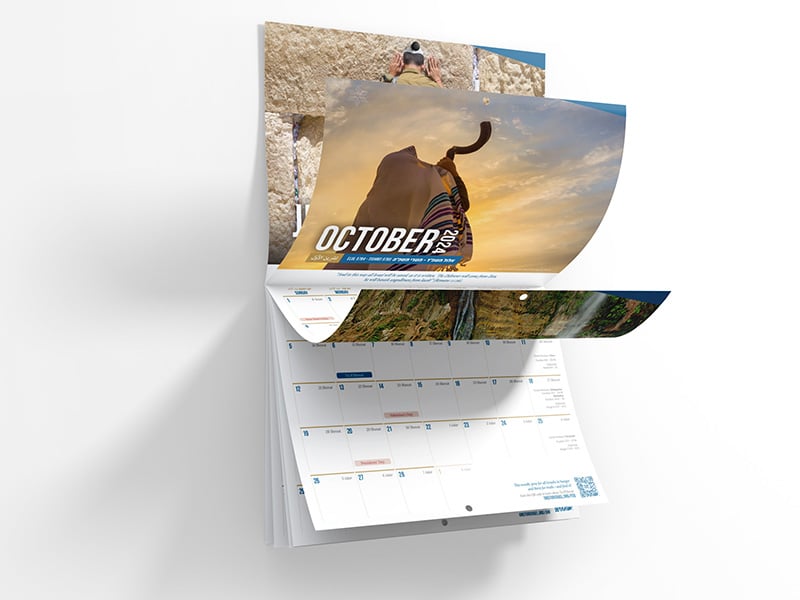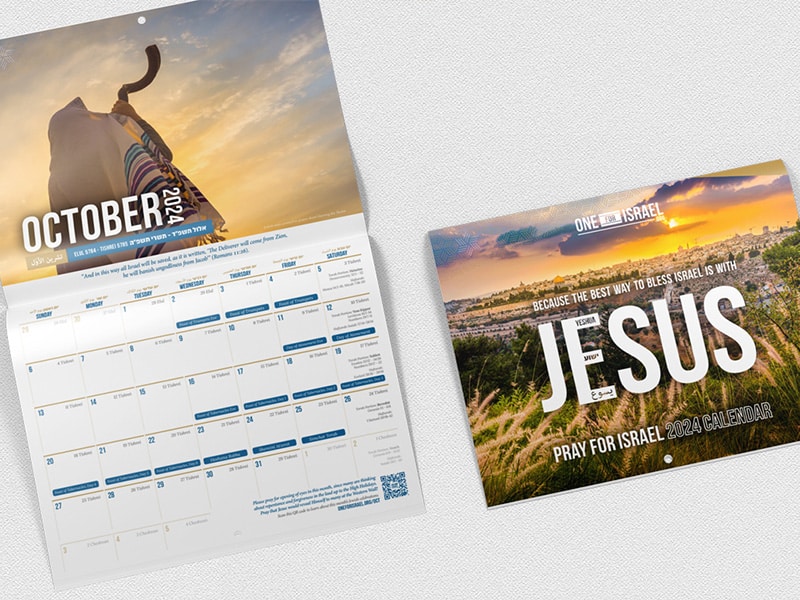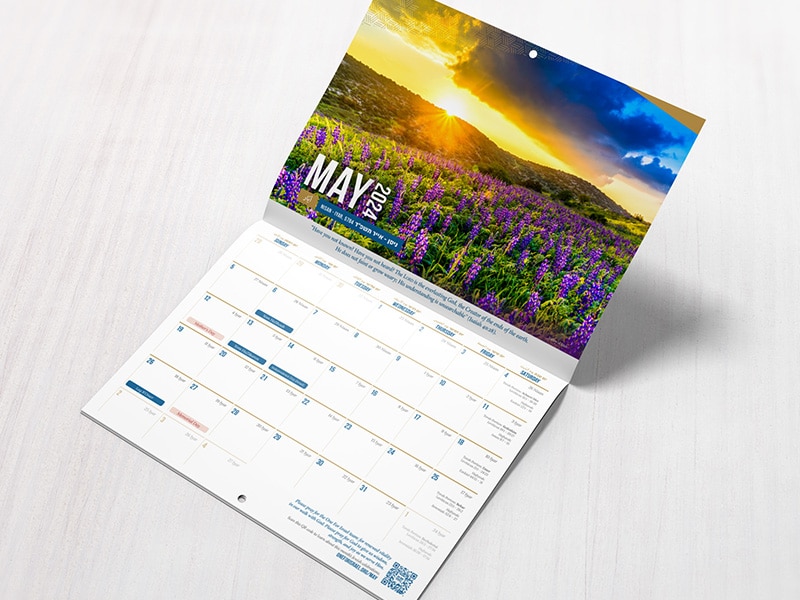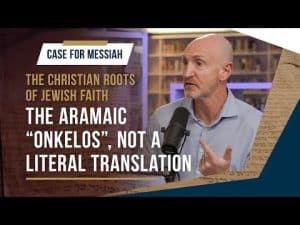I was taught by a rabbi that when reading the Bible, it is critical to ask good questions. We need to keep our eyes peeled and observant to see all that God wants to highlight to us in the text – repetitions, seemingly unnecessary details – and to ask good questions of it. For those of us who have the advantage of knowing God personally through his Messiah, we can also count on the help of the Holy Spirit to guide and teach us.
“The Bible is a supernatural book, and can be understood only by supernatural aid.” (A.W. Tozer)
We can read the Bible in companionship with the author himself, and with his help, steady observation, and an inquiring mind that seeks to know more of God, we can learn a great deal even from familiar passages, or that might seem strange to those who don’t know God’s ways.
So it was in this way that I came across the Biblical meaning of bronze…
I had come to the last chapter of Jeremiah, where King Zedekiah was carted off to Babylon in bronze shackles, and made a mental note that the word bronze was used rather than any other metal, but then as I continued reading, I saw that bronze was mentioned many more times:
And the pillars of BRONZE that were in the house of the Lord, and the stands and the BRONZE sea that were in the house of the Lord, the Chaldeans broke in pieces, and carried all the BRONZE to Babylon. And they took away the pots and the shovels and the snuffers and the basins and the dishes for incense and all the vessels of BRONZE used in the temple service; also the small bowls and the firepans and the basins and the pots and the lampstands and the dishes for incense and the bowls for drink offerings. What was of gold the captain of the guard took away as gold, and what was of silver, as silver. As for the two pillars, the one sea, the twelve BRONZE bulls that were under the sea, and the stands, which Solomon the king had made for the house of the Lord, the BRONZE of all these things was beyond weight. As for the pillars, the height of one pillar was eighteen cubits, its circumference was twelve cubits, and its thickness was four fingers, and it was hollow. On it was a capital of BRONZE. The height of the capital was five cubits. A network and pomegranates, all of BRONZE, were round the capital. And the second pillar had the same, with pomegranates. There were ninety-six pomegranates on the sides; all the pomegranates were a hundred upon the network all round.
It must have been a devastating time – God's judgment is finally unleashed and the promised exile to Babylon is executed. But notice, apart from verse 19 which mentions few items of silver and gold, the entire paragraph is describing bronze paraphernalia from Solomon’s temple. When a word is repeated so often in the text, it is well worth digging a little to find out why.
What’s with all the bronze? Does God want to say something here?
After some investigation, I came to understand better why there was so much bronze involved – both the reason for it being there at all, and also the spiritual meaning behind it. Solomon’s temple was fashioned after God’s desert tabernacle, every detail of which was mandated by God himself. There were luxurious colours, fabrics, designs and metals used, making the most of the booty from Egypt (400 years back-pay for all that slave labour) but here is the critical piece of information: Exodus gives instructions that the items inside of the Tabernacle (the menorah, incense altar, showbread table, and of course the ark of the covenant itself) were to be made of gold, but everything outside the tent was bronze. Copious amounts of bronze were required to construct various aspects of God’s sanctuary, both in the desert and in the temple. The bronze for the tabernacle’s accouterments came from Egypt, and Solomon’s bountiful wealth provided all the bronze for the temple – so much of it, in fact, that it could not be measured. So that’s how all the bronze came to be there.
But does it mean anything? Of course it does! Every tiny detail of the tabernacle was dictated by God, and he always has a reason for everything he says and does. There is a wealth of study to be done when considering the tabernacle and all the instructions that were to reflect the pattern in heaven, as Hebrews 8:5 tells us;
“They serve a copy and shadow of the heavenly things. For when Moses was about to erect the tent, he was instructed by God, saying, “See that you make everything according to the pattern that was shown you on the mountain.””
Gold is symbolic of God’s kingship, glory and holiness, and silver represents redemption (consider lives exchanged for silver coins for example). The holy place of God’s presence is lined and coated and covered with gold. The poles were made of wood, but were covered in gold, and rested in silver stands. Is this like us (wood) coated in gold (God’s own holiness) because we stand in the redemption (silver) of Yeshua’s sacrifice? Certainly there is a clear divide: gold inside, bronze outside. So what have we got right outside the holy place of the tabernacle? The altar, on which animals were sacrificed to atone for sin, and the enormous “sea” or laver of pure water, to cleanse and purify. Before a priest could go into the holy place, into the presence of God, first they needed the blood, and then the water. The atonement and the cleansing from sin. To be covered and clean. The sin and uncleanness was dealt with at the bronze altar and the bronze sea.
Bronze is where God’s judgement deals with sin – only then can a person enter the pure and holy presence of God.
Funnily enough, the Jewish weekly portion of Torah at that particular time included Numbers 21; the part about the bronze serpent that was lifted up to save sinful Israel in the desert. There we have it again – sin, judgment, and bronze. Allow me to remind you how the story went:
From Mount Hor they set out by the way to the Red Sea, to go round the land of Edom. And the people became impatient on the way. The people spoke against God and against Moses, “Why have you brought us up out of Egypt to die in the wilderness? For there is no food and no water, and we loathe this worthless food.” Then the Lord sent fiery serpents among the people, and they bit the people, so that many people of Israel died. And the people came to Moses and said, “We have sinned, for we have spoken against the Lord and against you. Pray to the Lord, that he take away the serpents from us.” So Moses prayed for the people. And the Lord said to Moses, “Make a fiery serpent and set it on a pole, and everyone who is bitten, when he sees it, shall live.” So Moses made a BRONZE serpent and set it on a pole. And if a serpent bit anyone, he would look at the BRONZE serpent and live.”
Powerfully relevant for today
And was it a coincidence that I come across all of these reminders of God’s righteous judgment, and dealings with sin on the very morning that the SCOTUS decision to legalise gay marriage was announced? The timing was interesting, to say the least. But just as Romans 1 speaks of the sinfulness of homosexual acts, Romans 2 also warns us all not to put ourselves in the position of judge, as if we were without sin. It is our own sin that should preoccupy our minds, not that of others. God is the judge, not us, and Yeshua will come back to judge us all, his bronze feet will once again stand on the Mount of Olives, and we need to be clean and ready for that – not sitting in his judgment seat.
There is a great deal of sin abounding in every direction, both inside and outside of the body of Messiah. As many people are rightly saying, heterosexual couples are also doing a great job of destroying marriage in far greater numbers. But this ruling has cut to the very core of God’s heart and plan for humanity. He created us to love and for love – the Bible starts with a wedding and ends with a wedding, because this is the picture that God gives us about the whole meaning of our existence. Yeshua as the bridegroom and his people as his bride. As Paul writes, marriage is a mystery that speaks of this love and looks forward to our complete union with him in eternity. Earthly marriage between the masculine and feminine is a huge signpost to this eternal and earth-shattering truth, just as parenthood can teach us so much about God’s great love for us. The Supreme Court decision grieves God, not because he hates gay people but rather the opposite – he LOVES gay people and all sinners, and the Supreme Court has moved the signpost which will lead people in the wrong direction – and away from God.
The overwhelming message that I received from this time in the word was of God’s extraordinary love and determination to deal with sin, so that we can be together with him.
His judgment shows that he is close, he is in control, he is supervising, he is active, and knows what to do. Sometimes the world feels like it’s careering out of control like a wagon whose wheels are coming right off, but God is close at hand, and is not afraid to bring correction. This is not an act of cruelty, malice or unbridled rage, no – bronze speaks of God’s righteous judgement that is perfectly just and tempered, wisely administered with precision and perfect timing to get the results he desires, motivated by love.
Moreover, the patterns in the word show that God himself is willing to deal with the sin for us when we come to him in repentance (those willing to approach the tabernacle with a sacrifice, those willing to look upon the snake), but that judgement for sin is right and necessary. This is the message of the gospel.
Who appreciates grace more – the one who knows that they have been delivered from serious punishment, or the one who thinks that there is no punishment, or even any sin? This is not grace at all.
God would have us steady our gaze and take in the gravity of what we are doing to offend him, and the seriousness of our sin. He wants us to appreciate the wrath, death and bloodshed that is necessary to deal with it, so that we can fully rejoice that we have been saved from very serious judgement by Yeshua’s selfless sacrifice. The deeper our appreciation of sin and judgment, the greater our appreciation of the grace that saves those who repent.
Bronze symbolises God’s righteous judgment. The bronze altar, sea and snake show God’s willingness to take our sin and graciously deal with it himself. However, King Zedekiah being led off to his punishment in bronze shackles surrounded by the deconstructed bronze temple shows that his righteous judgment will fall upon us only if we are not willing to repent.
“If we confess our sin, he is faithful and just and will forgive us our sin, and cleanse us from all unrighteousness”. 1 John 1:9
Why not take a few minutes to repent of any sin in your life right now, thanking God for the forgiveness he has provided through his Messiah, Yeshua? Dr Bill Bright suggested that just like breathing, we can exhale our sin through confession and repentance, and inhale by asking God to fill us afresh with his Holy Spirit. No matter how we feel, getting right with God is only a prayer away.

